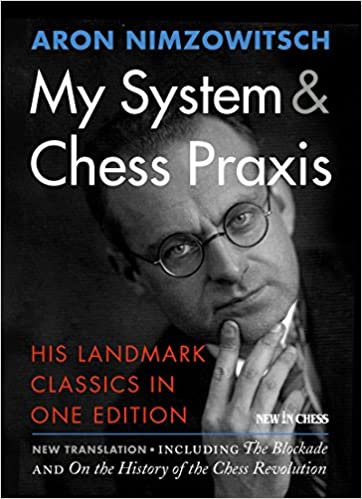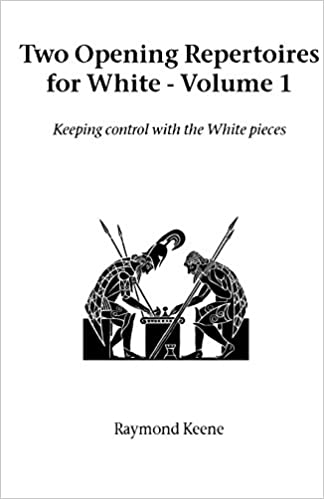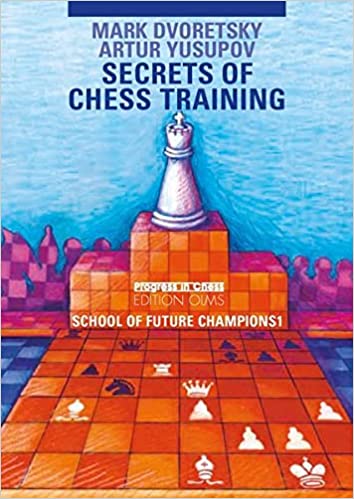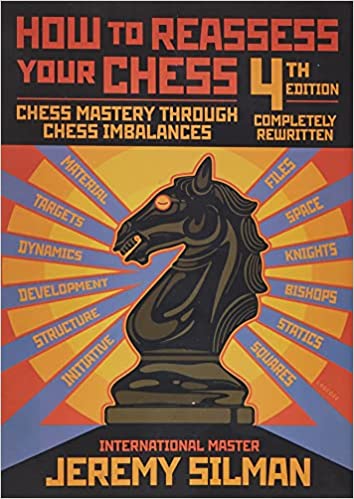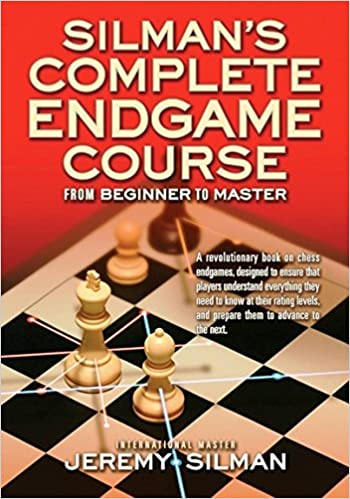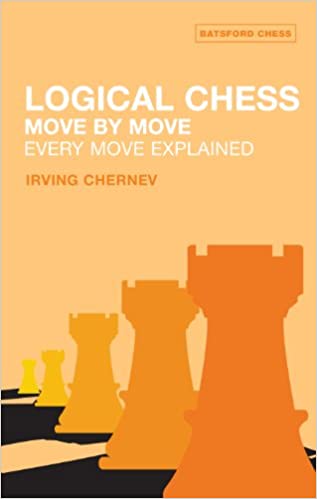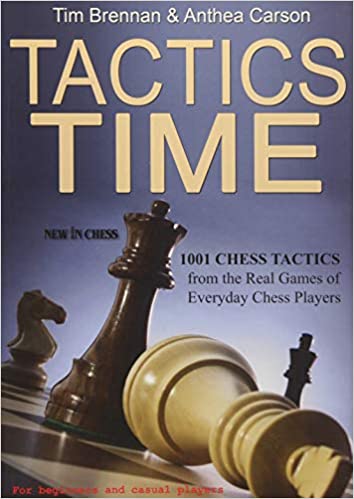The 10 best chess books (According to a ranked master)
Ready to improve your game? Here's what the pros recommend.
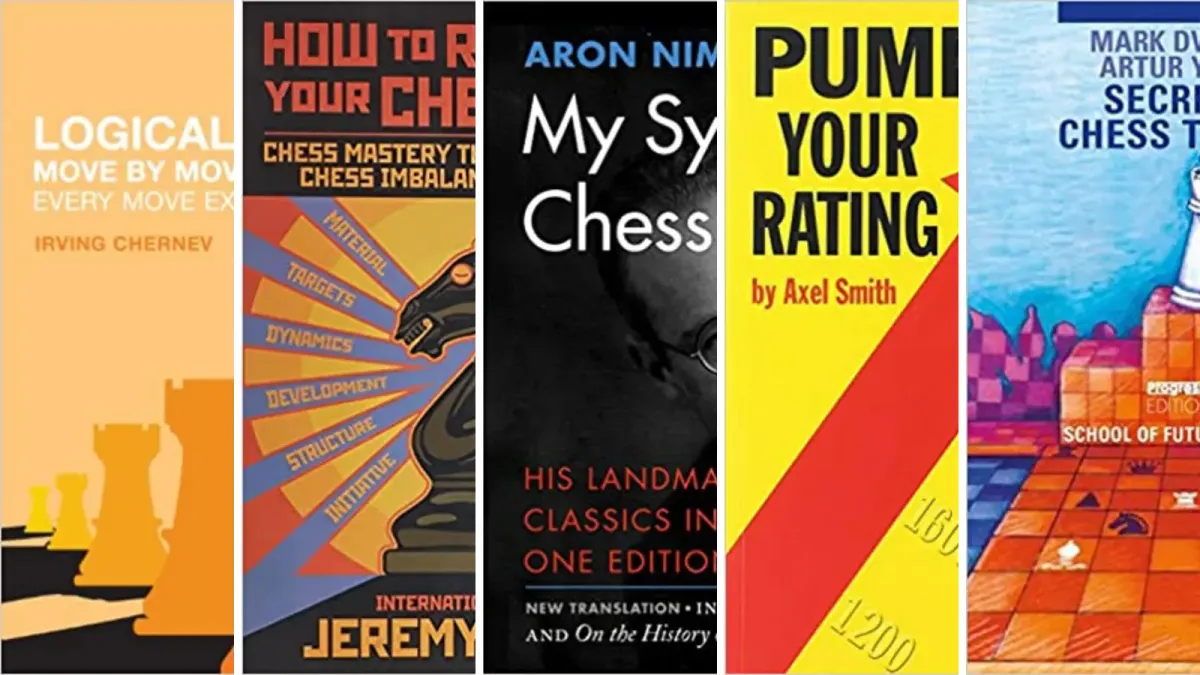
Chess was a game that always seemed a little out of my reach. I was a good student, but it seemed like the people who were great at chess were on a whole other level. Movies like Searching for Bobby Fischer, Magnus, and Queen's Gambit would leave me in awe at the moves they'd create.
As a writer, I knew I wanted to share some of my favorite chess books with the people who read this blog. However, in order to make this list actually useful — I consulted with an expert.
Nizar Driouich is a chess expert with a ranking of 2122 FIDE ELO (which is considered a Candidate Master, just shy of a National Master). When I asked him what books he would recommend, both for beginners and advanced players, he provided the following list of 10 must-read books.
In order for a chess player to improve, they have to review grandmaster games and understand the reason behind their moves. — N.D.
My System by Aron Nimzowitsch
Aaron Nimzovich's book is the first on our list because of its staying power. Although it's more than a century old now, it continues to be a best seller because so many grandmasters and trainers continue to recommend it (including Nizar!).
This book is a classic because it was one of the first handbooks on positional chess. Nizar adds that "it does a great job of introducing very important positional ideas — such as prophylaxis, pawn chains, blockading passed pawns, utilizing the center, and more."
If you're looking to grow your chess library, start here.
My 60 Memorable Games by Bobby Fischer
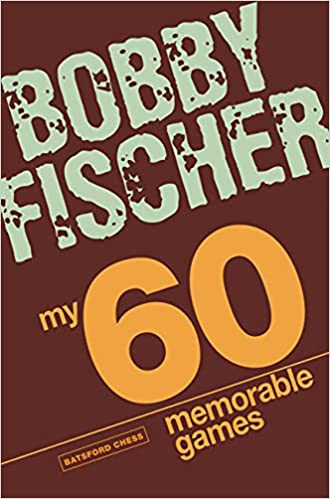
My 60 Memorable Games
A fully illustrated guide on chess tactics and chess strategies from Bobby Fischer.
Even people who aren't dedicated players have heard of Bobby Fischer, and that popularity is partly what makes this book so valuable. It's a collection of his greatest games along with his own annotated notes — a must-have for any fan.
If you've never read the book, it 100% lives up to the hype. Fischer is able to offer clear guidance on his spectacular series of games — and not just what happened, but why, so that readers can apply his lessons to their own strategies.
On this book, Nizar also added, "This book is very useful for beginners and advanced chess players since it explains the reason behind each move in all of Bobby Fischer's games."
That kind of detail is hard to find, but powerful.
An Opening Repertoire For White by Raymond Keene
As mentioned previously, chess is a game of individual parts: opening, endgames, positioning, and more.
Trying to learn chess is akin to learning a new language. You start with the alphabet (like pieces), and begin to put them together into words and sentences, slowly developing your grammar and communication over time. In the same way, chess is something that evolves as you learn more about it.
This specific book focuses on opening moves that can help any beginner quickly move into the average and advanced stages quickly. As the title implies, the tactics discussed will help you break through black's defenses, and are geared towards specific repertoire strategies (so, it's about knowing when to use these strategies as much as it is how to use them).
Pump Up Your Rating by Axel Smith
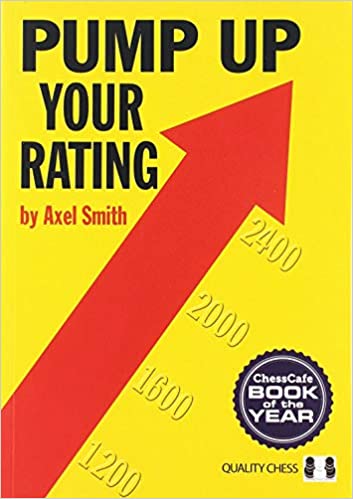
Pump Up Your Rating
A comprehensive guide to improve both the technical and psychological aspects of your game.
Whereas most of the books recommended so far have been geared towards reference materials and strategy guides, this title is a little different. Instead of thinking of this book as a dictionary to occasionally pull off your shelf — see Smith's resource as a training manual that should be kept nearby at all times.
Nizar recommends Smith's work because he "shows very good methods... methods that have turned many of his students into grandmasters." If your sights are set on achieving chess greatness, you won't want to miss this one.
Secrets of Chess Tactics by Mark Dvoretsky
Mark Dvoretsky was a world-renowned player and trainer who had a knack for simplifying the game for everyday players. Across his updated 5-volume series, all aspects of the game are covered — from openings to endgames. The first volume begins with a practical take on the middlegame.
Nizar recommends Dvoretsky's work because "it shows the essential ideas of tactical combination, attack, and defense. Plus, at every phrase, there are questions to help the reader assess their own strengths and weaknesses."
It's worth noting that this set is becoming difficult to find, so if you find an available copy, get it!
How To Reassess Your Chess by Jeremy Silman
It's important to remember that chess is a two-player game. Every move your opponent makes can wildly change the possibilities going forward. But, you can use this to your advantage.
Nizar recommends this particular book because of the author's ability to explain in "clear and direct language" how to dissect other players' positions and use their moves against them. It's more about the "thought processes used to choose a master's move" than it is the move itself that makes the grandmaster's strategies so effective.
Remember, even the best players in the world had to begin somewhere. A few small tweaks could be all you need to transform your game forever.
Complete Endgame Course by Jeremy Silman
With over 650+ positive reviews on Amazon, this book belongs in any serious player's library. Written by the same author as the previous book, this title focuses on endgames — the period when very few pieces and moves are left.
What's great about this resource is that it tailors its advice to a range of skills levels. Whether you're a beginner just learning about endgame strategy or an expert refining your moves, this book has something to offer.
Logical Chess by Irving Chernev
This is the kind of book I like: intensely practical, image-heavy, and beginner-friendly. The author collects 33 ideal games for learning and provides an explanation of every single move from beginning to end.
You'd think that kind of detail might be boring or a slog to get through, but our expert Nizar says it's the exact opposite, "This book is perfect for chess players who think reading a chess book is going to be too hard." With this book, you'll not only gain a sense of how a game should flow, but what placements are best and why.
Tactics Time by Anthea Carson
I use cooking analogies a lot in my writing because it's a domain I understand. When I see an assortment of ingredients, my mind starts to puzzle together the kinds of meals they could create. In a similar way, chess is an ingredients-based game. The more you learn to recognize individual positions and setups, the better of a player you'll become.
This book comes stocked with 1001 tactics pizzles borrowed from real games played in tournaments. Nizar explains why books like this are so crucial.
"Because these puzzles are from authentic chess games, they have an organic nature about them that is important. Real puzzles come out of real chess positions, many of which are encountered all the time from certain common chess openings. They have a messy quality to them, unlike those puzzles designed to illustrate a particular pattern."
That messy element is what will help you win games in real life. Average players don't play perfectly. So if you want to win your local tournament and beyond, you need to get comfortable navigating your way through unclear terrain.
101 Essential Chess Tips by Bill Wall
Last but not least is a freebie recommended by our resident expert! Just click the link above to download a PDF copy. It's not the most beautiful book, since it was made by a chess historian and not a designer, but it's a resource I think you'll enjoy.
Nizar writes, "This book is one of my favorites and it clearly gives the best advice that you need to follow in order to play good positional chess. It's easy to understand — straight-to-the-point chess advice beginners and intermediate players can follow to improve their game."
I'd never heard of this book until Nizar recommended it, and I literally learned something new within 30 seconds of reading it. Hopefully, you have a similar experience.
Thanks for taking a few minutes to read this list! And an extra thank you to Nizar for helping me construct it. Now it's time to do some reading. Choose at least one of the books above and buy yourself a copy. Your chess game will thank you.

